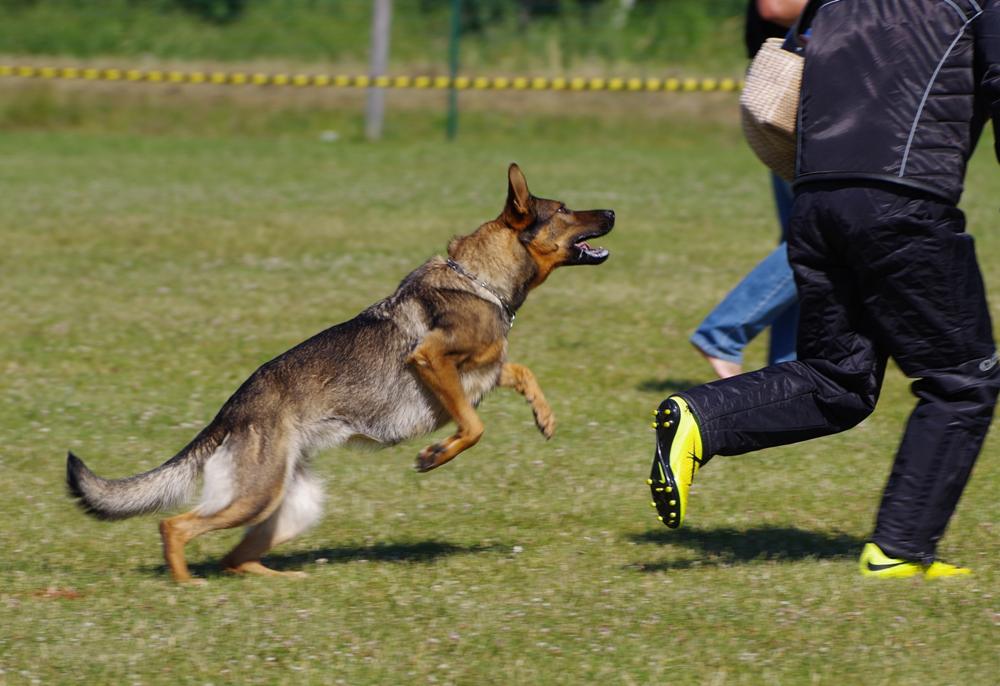
Benefits of proper protection canine training:
Proper protection canine training offers a wide range of benefits not only for the individual dog but also for its handler, immediate environment, and the broader community. Protection dogs are more than mere watchdogs; they are trained to protect property, individuals, and sometimes even entire facilities. However, this multifaceted task requires an effective, humane, and considerate training approach that respects the canine's psychological well-being and ensures a confident and happy demeanor.
One of the main benefits of correct protection canine training is the enhanced safety it provides. These dogs are taught to detect and react appropriately to potential threats, providing a valuable deterrent to criminal activities. They also provide a source of comfort and assurance for owners, often enhancing the security of homes and businesses in areas where law enforcement may be slow to respond.
Furthermore, well-trained protection dogs are less likely to respond unpredictably or aggressively without cause. Proper training instills discipline and control, enabling dogs to differentiate between ordinary situations and actual threats. This prevents unnecessary aggressive behavior, reducing the potential for harm to innocent individuals and the legal and financial implications for the owner.
However, the benefits of protection canine training are not limited to external safety measures. Properly trained dogs are typically happier and more self-assured, exhibiting fewer signs of stress, anxiety, or fear. Through consistent, fair, and respectful training, dogs learn trust, form strong bonds with their handlers, and are less likely to display destructive behavior.
Training also provides mental stimulation, essential for a dog's overall health and well-being. Challenges and tasks presented during training engage a dog's problem-solving abilities, giving them confidence and satisfaction. Regular training sessions contribute to a canine's psychological fitness, much like regular physical exercise promotes bodily health.
The emphasis on humane treatment during training is critical. Respectful, positive reinforcement methods nurture a healthy relationship between the dog and the handler. This approach not only improves the effectiveness of training but also ensures the dog’s mental health. Cruel or harsh techniques can lead to fear, anxiety, and aggression, ultimately damaging the dog's trust and confidence.
In contrast, reward-based training methods create a positive learning environment. Dogs associate good behavior with positive outcomes, making them more likely to repeat these behaviors. This approach helps dogs become confident, friendly, and well-behaved members of society.
In conclusion, proper protection canine training offers numerous benefits. It contributes to safer communities, fosters more disciplined and predictable dogs, and promotes the mental health and happiness of the animals involved. The emphasis on humane, respectful training methods is integral to this process, ensuring that protection dogs are not only effective in their roles but also psychologically content and well-adjusted.
